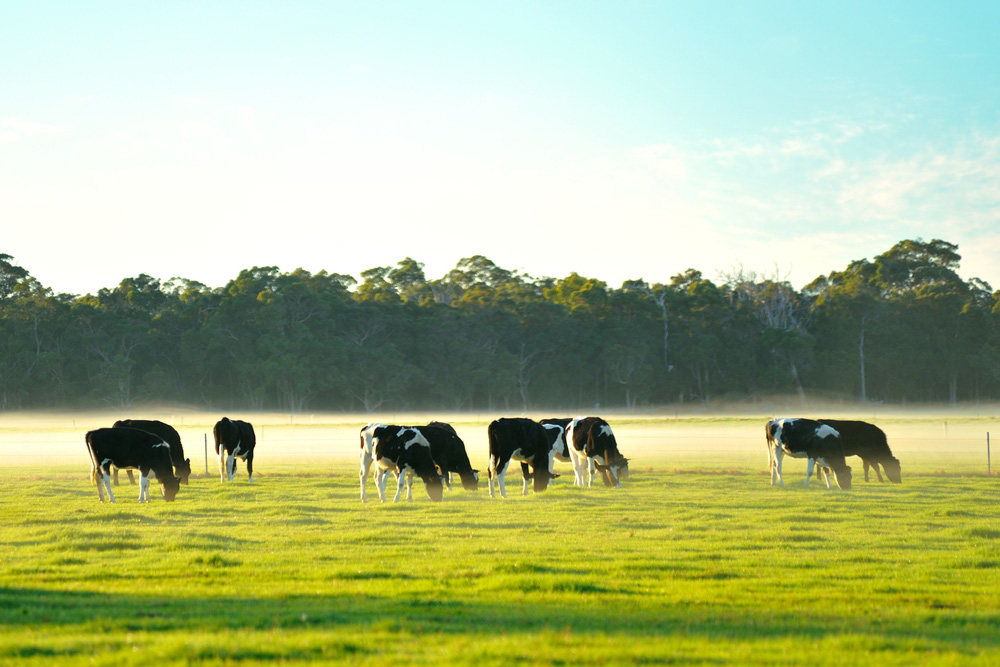Livestock management is an important aspect of successful farming and animal husbandry. Whether you're a seasoned farmer or just starting out, understanding the principles of livestock management will help you ensure the well-being and productivity of your animals. In this guide, we will delve into various aspects of livestock management, covering everything from choosing the right breeds to ensuring optimal health and nutrition. So, let's get started!
What Is Livestock Management?
Livestock management involves the care, breeding and overall well-being of domesticated animals, such as cattle, sheep, pigs and poultry. Proper livestock management practices ensure the health, productivity and profitability of these animals. Whether you're raising livestock for meat, milk, wool or other products, effective management techniques can maximise your operations.
Choosing The Right Livestock Breeds
Selecting the appropriate livestock breeds is the foundation of successful livestock management. Consider the purpose of raising the animals, climate and environmental conditions, available resources and market demand. Each breed has specific characteristics that make it suitable for different purposes, so thorough research and consultation with experts are necessary.
Housing And Shelter
Providing proper housing and shelter ensures the comfort and safety of your livestock. The design and construction of animal housing should consider factors like ventilation, temperature control, adequate space and protection from predators. Additionally, ensuring cleanliness and good hygiene practices in the housing area helps prevent disease outbreaks and maintain overall animal health.
Feeding And Nutrition
Proper nutrition helps in the growth, development and productivity of livestock. The diet of animals should be well-balanced, providing the necessary nutrients, vitamins and minerals. It is important to understand the specific dietary requirements of each species and adjust the feeding regimen accordingly. Additionally, access to clean water and forage should be ensured.
Health And Veterinary Care
Maintaining the health of your livestock is of utmost importance. Regular veterinary check-ups, vaccinations and preventive measures are necessary to prevent the outbreak and spread of diseases. Parasite control, proper sanitation and hygiene practices also help in maintaining animal health. Prompt identification and treatment of illnesses and injuries minimise the impact on productivity.
Breeding And Reproduction
Efficient breeding and reproduction management contribute to the growth and sustainability of livestock operations. Understanding the reproductive cycles, mating techniques and genetic selection processes can enhance the quality of the offspring.
Record-keeping And Identification
Maintaining accurate records of your livestock is important for effective management. Detailed records help track breeding histories, health records, vaccinations and other important data. Additionally, proper identification methods such as ear tagging, branding or electronic identification tags (EID) assist in individual animal tracking, disease control and compliance with regulatory requirements.
Marketing And Sales
Once your livestock reaches the desired marketable stage, effective marketing strategies are important for successful sales. Understanding market trends, pricing strategies and potential buyers can help you make informed decisions about when and how to sell your livestock. Collaborating with local markets, distributors or participating in agricultural fairs and exhibitions can expand your marketing opportunities.
Explore Our Range Of Livestock Management Tags
If you're looking for high-quality livestock identification tags, turn to Enduro Tags. With our durable tags, you can easily keep track of your animals, maintain accurate records and ensure compliance with regulatory requirements. Contact us today for more information!

